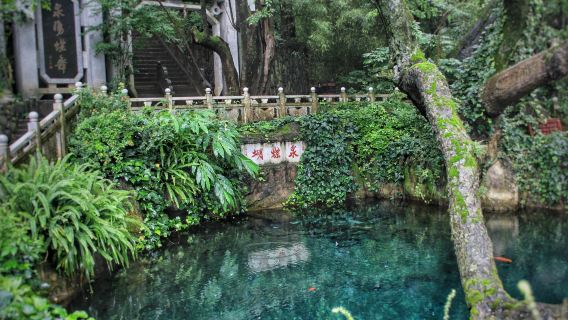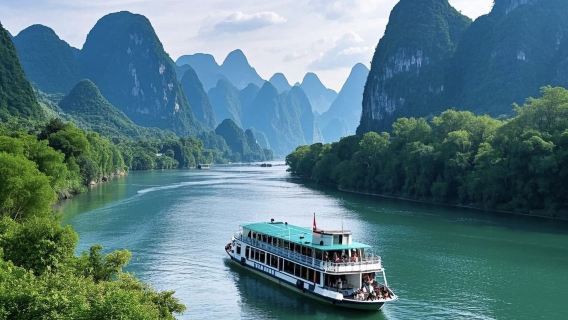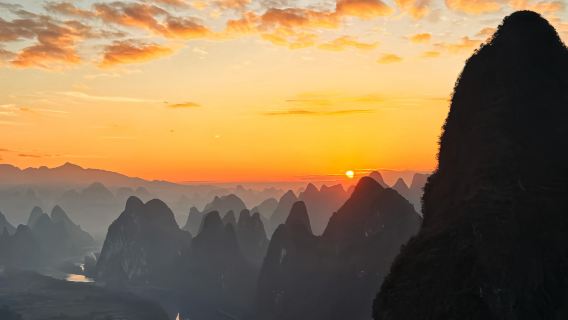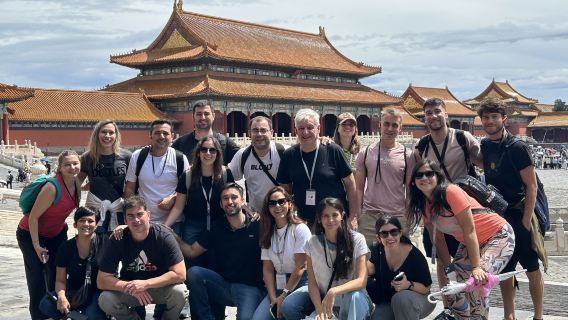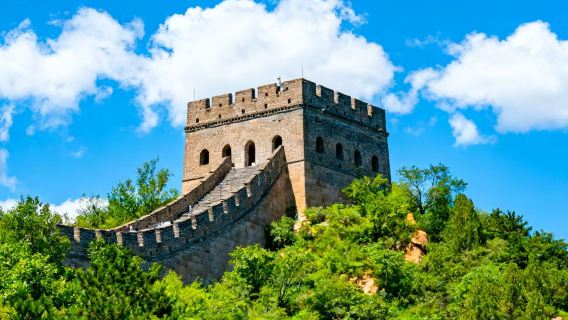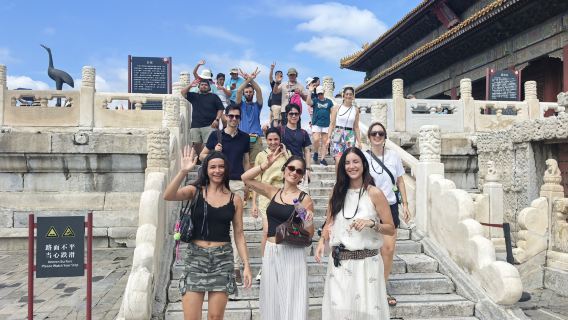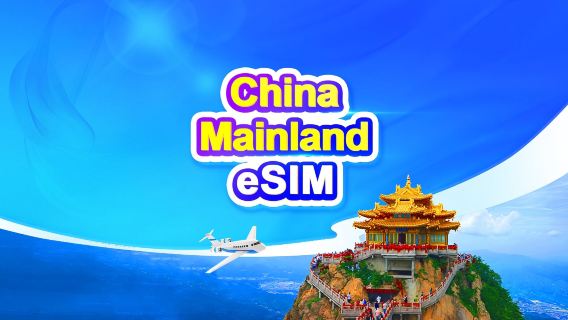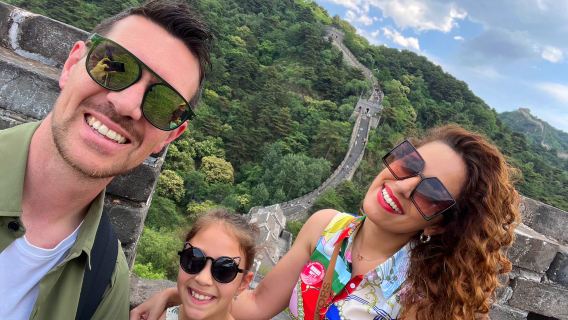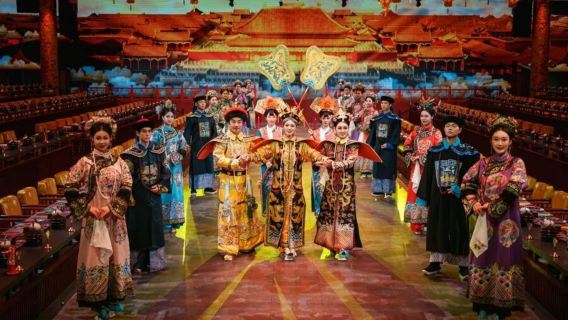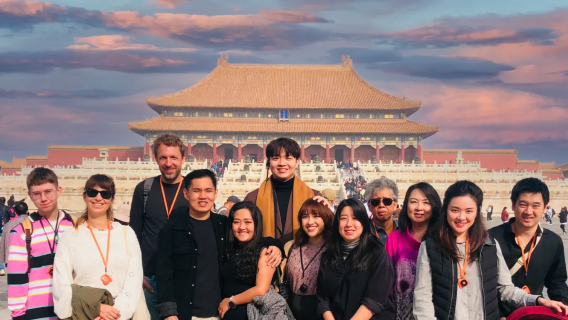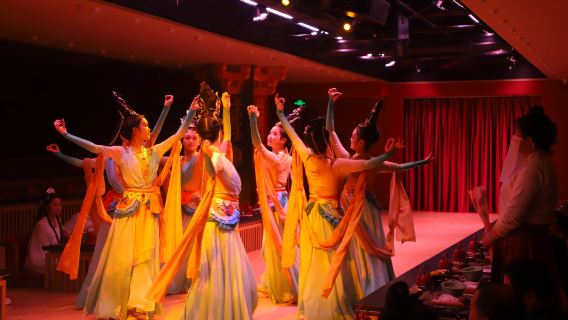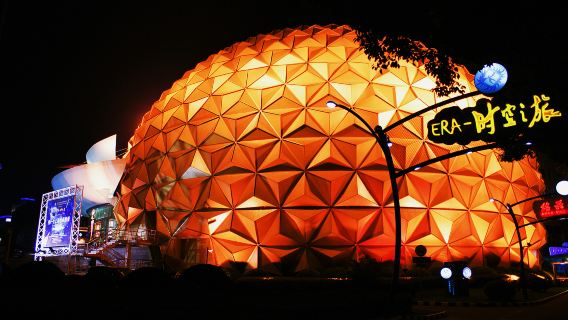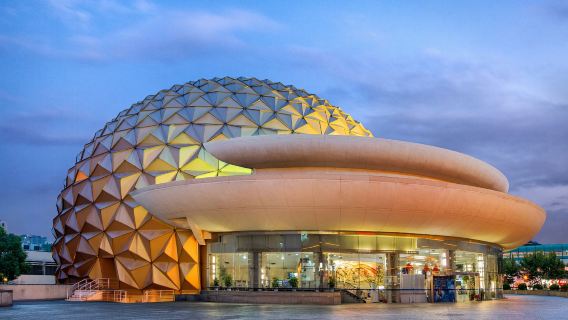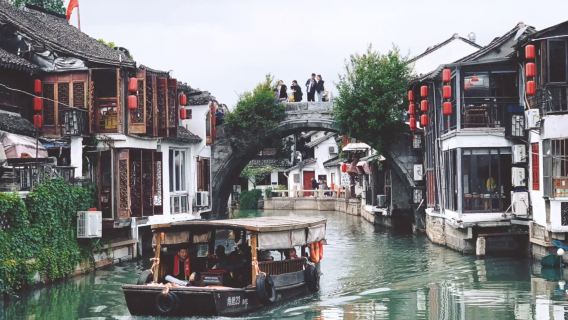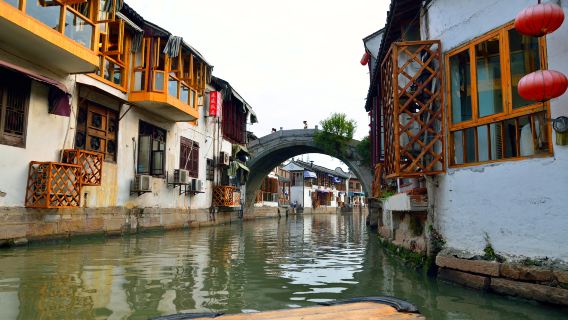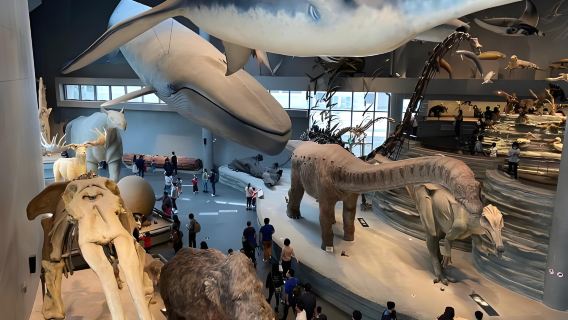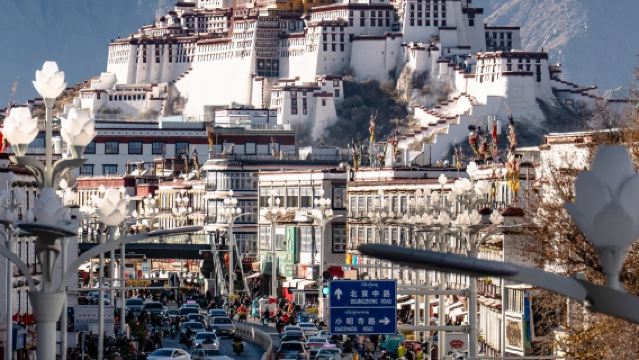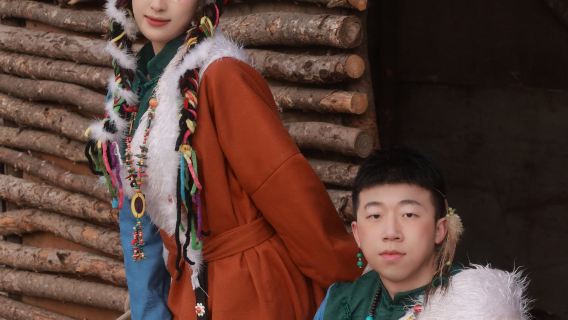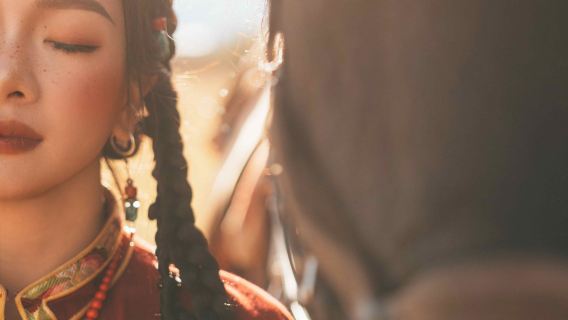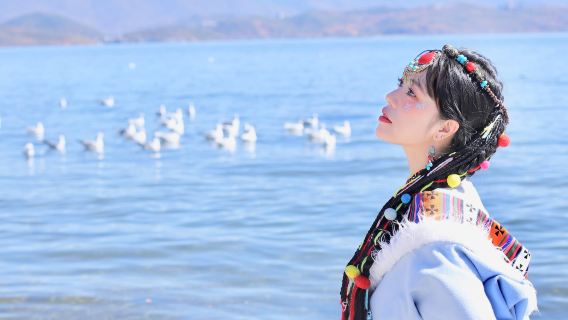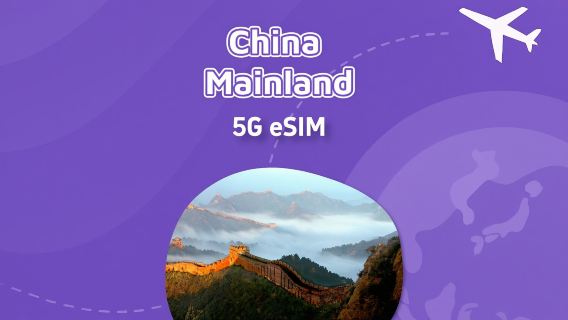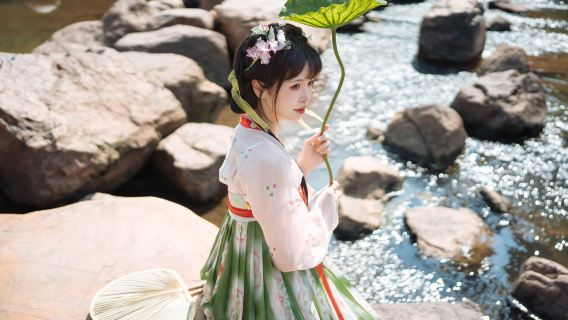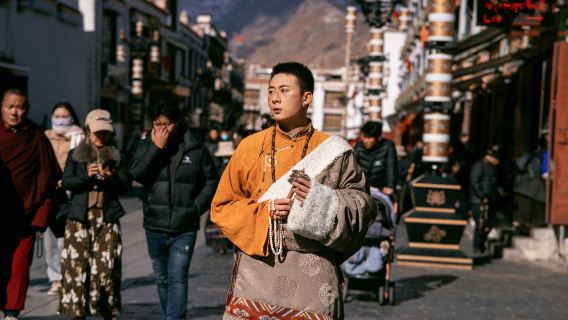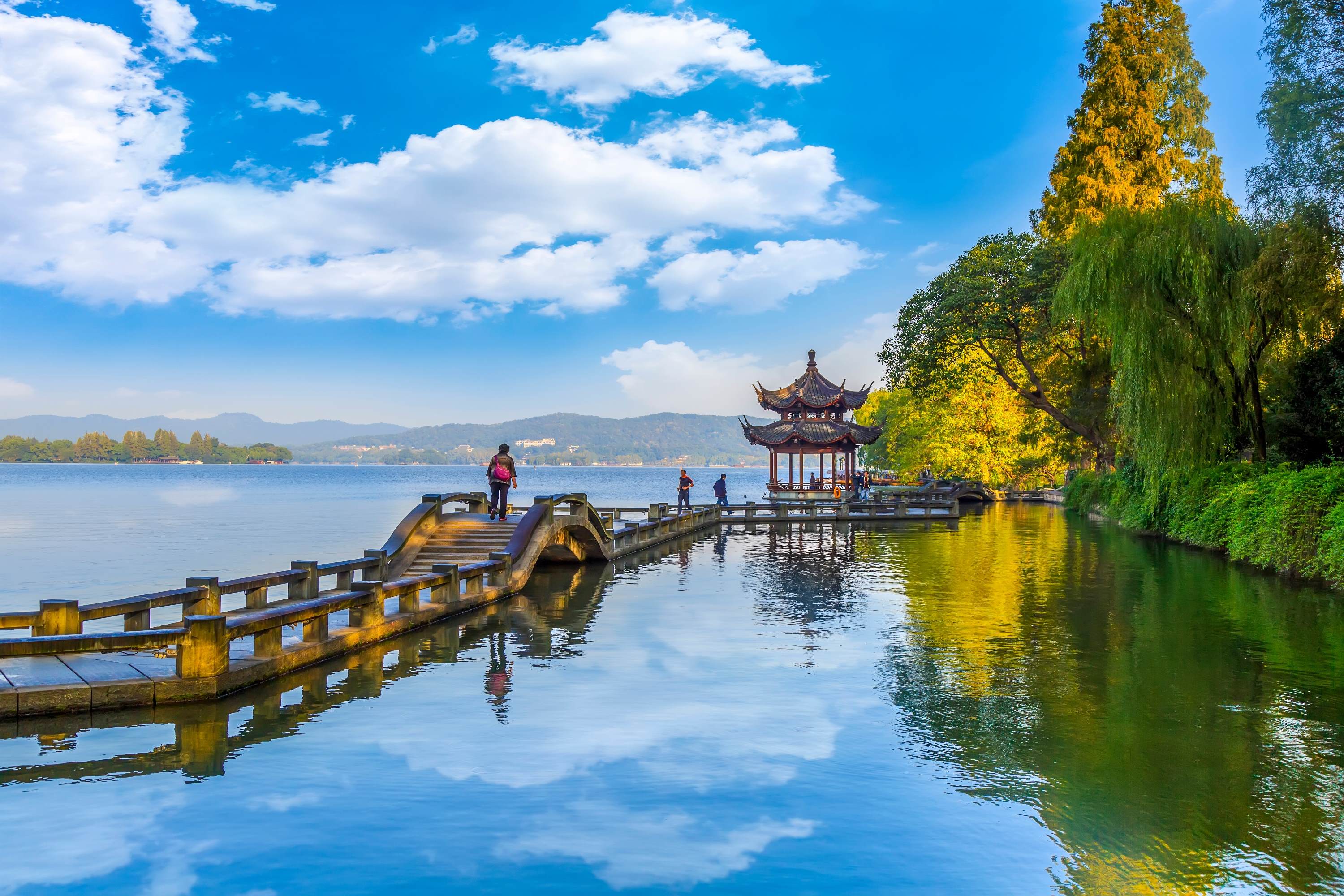
China offers incredible diversity in climate, landscapes and cultural experiences throughout the year. For British visitors planning their trip, timing is key to enjoying comfortable weather, avoiding extreme temperatures and making the most of festivals while dodging busy domestic travel periods.
This guide breaks down the best times to visit China’s different regions, month-by-month highlights, seasonal costs and essential tips to help you plan your perfect trip.
🌍 China’s Key Regions at a Glance
China’s vast size means weather varies dramatically between regions. Here’s a quick overview of when to visit different areas:
| Region | Best For | Peak Season | Budget Season |
Southern China (Guangzhou, Shenzhen, Guilin) | Tropical landscapes, vibrant cities, river cruises | Oct–Dec (cool/dry), Mar–Apr (spring) | Jun–Sep (hot/rainy), Jan–Feb (cooler) |
Northern China (Beijing, Xi’an, Harbin) | Great Wall, History, winter festivals | Apr–May & Sep–Oct (mild weather), Jan–Feb (Harbin Ice Festival) | Nov–Dec (cold), Jul–Aug (crowded & hot) |
Central China (Shanghai, Wuhan, Chengdu) | Modern cities, Yangtze River, pandas | Apr–Jun & Sep–Oct (pleasant temps) | Jul–Aug (humid), Dec–Feb (chilly) |
Western China (Lhasa, Urumqi, Kashgar) | Tibetan culture, Silk Road, mountain scenery | May–Sep (warmest access) | Oct–Apr (very cold, some areas closed) |
Southern China: Guangzhou, Shenzhen, Guilin
Best time to visit: October–December & March–April
Southern China offers a mix of bustling megacities and breathtaking natural scenery. The best time to visit is autumn (October–December), when temperatures are mild (18–25°C) and rainfall is low—perfect for exploring Guangzhou’s markets, Shenzhen’s tech hubs, or Guilin’s iconic karst mountains. Spring (March–April) is another great option, with blooming flowers and comfortable warmth before the summer heat sets in.
Avoid June–September if you dislike humidity—this is monsoon season, with temperatures often exceeding 35°C and frequent downpours. While winters (December–February) are mild (10–15°C), they can be damp and foggy. However, this is a good time for budget travellers, as hotel prices drop outside peak seasons.
Top experiences:
✔️ Guilin’s Li River cruise (best in autumn for clear skies)
✔️ Canton Fair in Guangzhou (April & October)
✔️ Shenzhen’s theme parks (year-round, but spring/autumn most comfortable)
Northern China: Beijing, Xi'an, Harbin
Best time to visit: April–May & September–October
Northern China is home to some of the country’s most famous landmarks, from the Great Wall to the Terracotta Warriors. The ideal months are spring (April–May) and autumn (September–October), when temperatures range from 15–25°C—perfect for sightseeing without extreme heat or cold.
Summers (June–August) can be scorching (up to 40°C in Beijing), while winters (December–February) are freezing, especially in Harbin (-20°C or lower). However, winter travellers can experience the Harbin Ice Festival (January–February), a dazzling spectacle of ice sculptures and snow activities.
Top experiences:
✔️ Hiking the Great Wall (spring/autumn for best weather)
✔️ Xi’an’s Terracotta Army (avoid summer crowds)
✔️ Harbin Ice & Snow World (Jan–Feb only)
Central China: Shanghai, Wuhan, Chengdu
Best time to visit: April–June & September–October
Central China blends modernity with tradition, from Shanghai’s skyscrapers to Chengdu’s pandas. The best seasons are spring (April–June) and autumn (September–October), offering warm (20–28°C) but not oppressive weather.
Summers (July–August) are sweltering and humid, with temperatures often above 35°C—unpleasant for outdoor exploration. Winters (December–February) are chilly (5–10°C) but manageable, with fewer tourists. Chengdu’s pandas are active year-round, though spring and autumn provide the most comfortable viewing conditions.
Top experiences:
✔️ Shanghai’s Bund skyline (spring/autumn for clear views)
✔️ Chengdu Panda Base (cooler months for active pandas)
✔️ Yangtze River cruises (best April–October)
Western China: Lhasa, Urumqi, Kashgar
Best time to visit: May–September
Western China is an adventurer’s paradise, with Tibet’s monasteries, Xinjiang’s deserts, and the Silk Road’s ancient cities. The short summer (May–September) is the only comfortable window, with daytime temperatures around 20–25°C in Lhasa and Urumqi.
Outside these months, many areas become extremely cold (-15°C or lower) or inaccessible due to snow. High-altitude destinations like Tibet require acclimatisation, so avoid rushing—spend at least 2–3 days adjusting to the altitude.
Top experiences:
✔️ Potala Palace in Lhasa (May–Sep for stable weather)
✔️ Kashgar’s Sunday Market (summer for vibrant trade)
✔️ Tian Shan Mountains (June–August for trekking)
📅 Month-by-Month Guide to Visiting China
Month | Highlights | Best Regions |
January | Harbin Ice Festival, fewer tourists | Northern China |
February | Chinese New Year celebrations (variable dates) | Major cities (but busy) |
March | Warming weather, plum blossoms | Southern & Central China |
April | Comfortable temperatures, fewer crowds | Nationwide except far north |
May | Ideal weather, Labour Day holiday (early May) | Nationwide |
June | Start of summer, Dragon Boat Festival | Mountainous/western regions |
July | Hot & humid, school holidays begin | Western China (cooler) |
August | Peak heat, domestic tourism high season | Western China only |
September | Cooling down, Mid-Autumn Festival | Nationwide |
October | Golden Week (1st week), autumn colours | Northern & Western China |
November | Cool & dry, fewer tourists | Southern & Central China |
December | Winter begins, Christmas decorations in cities | Southern China |
💰 Seasonal Price Trends
China’s travel prices fluctuate significantly based on seasons and holidays:
- Low Season (Jan-Feb ex. CNY, Nov-Dec): Cheapest flights/accommodation, fewer tourists
- Shoulder Season (Mar-Apr, Sep-Oct): Moderate prices, ideal weather
- High Season (May-Aug, Oct Golden Week): Peak prices, busy attractions
⚠️Avoid Chinese public holidays during peak domestic travel periods, such as Golden Week (early October) and Chinese New Year (January/February).
🎒 Essential Tips for Travellers
- Visa Planning - Apply 1-2 months before travel during peak seasons
- Weather Prep - Northern winters require serious cold weather gear
- Air Quality - Northern cities often have poor air in winter
- Transport - Book trains early for holiday periods
- Cultural Events - Check lunar calendar for festival dates
- Altitude - Allow acclimatisation time for Tibet/western regions
- Language - Have key phrases written in Chinese characters
❓ Best Time to Visit China FAQ
What time of year is it cheapest to go to China?
January (after New Year) and November offer the lowest prices for flights and hotels.
Which season is best in China?
Spring (April-May) and autumn (September-October) provide the most comfortable weather nationwide.
What is the coolest month in China?
January is generally the coldest month, especially in northern regions like Beijing.
What are the hottest months in China?
July and August bring extreme heat, particularly in southern and central cities.
What is the holiday season in China?
Main holidays are Chinese New Year (Jan/Feb) and National Day Golden Week (first week of October).
When to avoid visiting China?
Avoid Golden Week (early Oct) and Chinese New Year unless you enjoy massive crowds.
What is the Golden Week holiday in China?
A 7-day national holiday beginning October 1st (National Day) when most Chinese travel domestically.
With this seasonal guide, Travellers can confidently choose the ideal time to experience China’s incredible diversity while avoiding weather extremes and busy periods. Whether you’re drawn to Beijing’s historical sites, Shanghai’s modern buzz or Guilin’s stunning landscapes, timing your visit right makes all the difference. For a first visit combining classic destinations like Beijing, Xi’an and Shanghai, aim for April-May or September-October for the perfect balance of good weather and manageable crowds.




 99 booked
99 booked